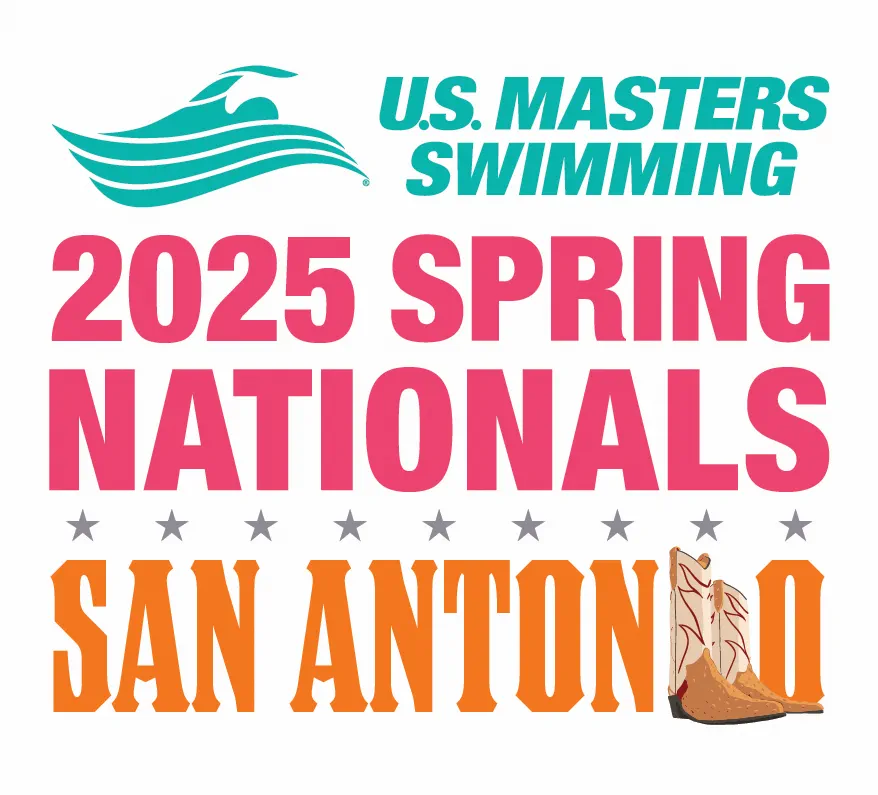Transgender swimmer Ana Caldas achieved significant victories at the U.S. Masters Swimming Spring National Championship in San Antonio, Texas, winning all five individual events she entered in the women’s 45-49 age group. Her performance has reignited discussions about the fairness of transgender athletes competing in women’s sports.
Unprecedented Performance Raises Questions
Caldas secured gold medals in the 50- and 100-yard breaststroke, 100-yard freestyle, and 100-yard individual medley events. Her winning margins—up to four seconds in some races—are considered significant in short-distance swimming, where finishes are often decided by fractions of a second .


Reactions from Fellow Competitors Of Transgender Swimmer Ana Caldas
Some competitors expressed surprise upon learning of Caldas’ transgender status after the competition. Angie Griffin, who competed against Caldas in three races, stated, “I paid my entry fees, airfare, and hotel, trusting I’d be competing in a women’s division defined by biological sex. I deserved to know the truth before stepping onto the blocks”.
Wendy Enderle, another swimmer who raced against Caldas, filed an eligibility review request with USMS, expressing concerns about fairness in competition.

Policy and Eligibility Considerations
U.S. Masters Swimming (USMS) allows transgender swimmers to participate in the gender category they identify with, provided they meet certain criteria, including hormone therapy and testosterone level requirements. However, documentation verification is rare unless a review request is filed.
USMS confirmed it is conducting an eligibility review in response to a request concerning Caldas’ participation.
Broader Implications for Women’s Sports
The situation with Caldas echoes previous debates, such as the case of Lia Thomas in 2022, where the inclusion of transgender athletes in women’s sports led to widespread discussions about competitive fairness .
As governing bodies like USMS review their policies, the sports community continues to grapple with balancing fairness and inclusivity. The outcomes of these discussions will likely shape the future landscape of competitive sports.